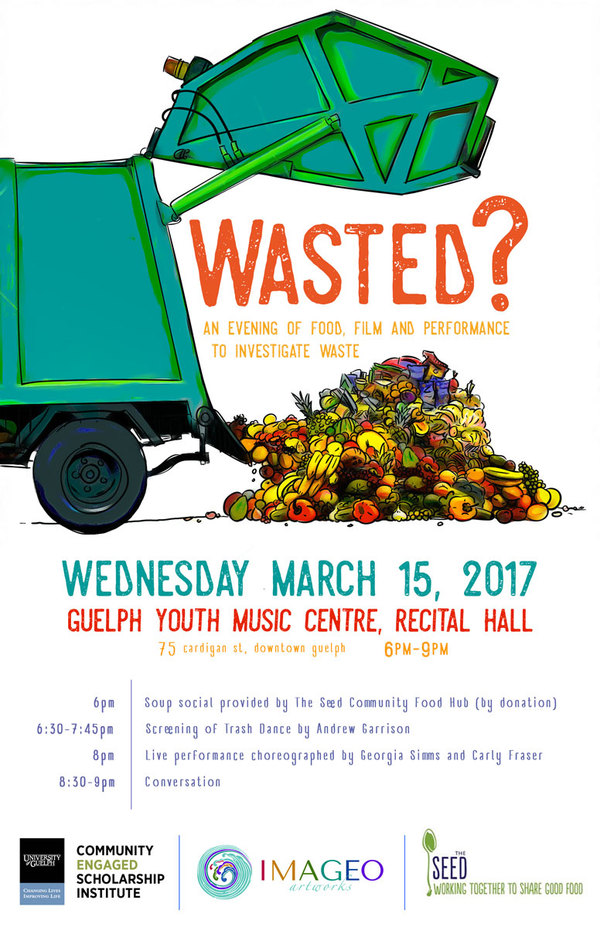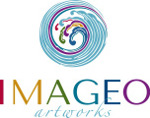
How can we more completely understand why food waste happens and how people really feel about it? How can we use this to ensure that our interventions have a greater and more lasting impact?
This event invites community members to an evening of food, film, and performance in order to reflect on our relationship to food waste and discuss how our emotional and personal connections to waste can inform new perspectives on policy interventions.
We will suggest that if you look closely through the lens of art, you can see life in food waste with all of its imperfections, good intentions and messiness. Join the conversation!
How did this project come to be?
As an Undergraduate Research Assistant for the Guelph Food Waste Research Group, Carly Fraser got down and dirty with the intimate details of food waste in our city. She sorted and measured and weighed the contents of Guelph’s organic bins while also surveying citizens about their food waste habits. She heard stories that both surprised and inspired her curiosity. How could conversations about food waste generate so many emotional responses? What else is 'hiding in the bin'? These questions contributed to her Masters’ work involving photo-voice methods, capturing food waste stories that exist in everyday experiences.
Working with the Community Engaged Scholarship Institute as the Practitioner in Residence, Georgia Simms has been connecting with faculty, students and staff to generate opportunities to collaboratively practice creative knowledge mobilization methods. The goal is to draw people into unconventional conversations about social science research outcomes by integrating artistic approaches and perspectives. Georgia’s background as a professional dancer and movement educator influences her knowledge mobilization practices, employing methods that involve physical activity, critical entertainment and performance.
